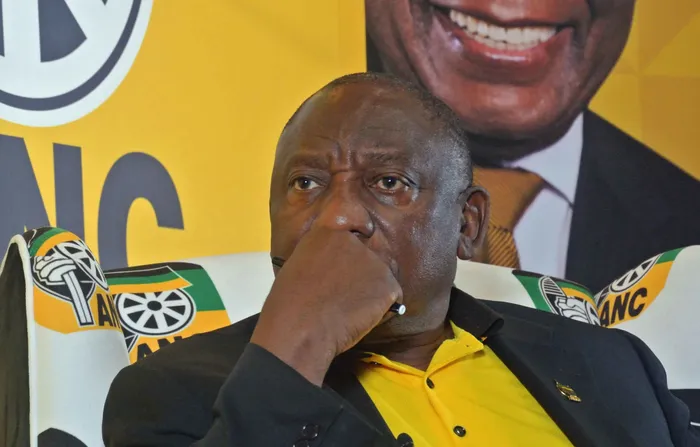Ramaphosa explains why he delayed release of SIU report

President Cyril Ramaphosa explains why he delayed the release of the SIU report. 29.09.21. Picture: Timothy Bernard/African News Agency(ANA)
Johannesburg – President Cyril Ramaphosa insists that the release of the Special Investigating Unit (SIU) report on the Digital Vibes scandal was delayed because his office had to consult with those implicated.
“It may look like we took too long, but the SIU had to issue a number of iterations of their report,” he said.
“It (the report) was always intended to be released. We said we needed to inform the people who are implicated and affected by the report so that they are able to express either their objections or their views so as to lead to the amendment of the report. We need to give them time. That time was given. When that time lapsed we were then able to release that report.”
He added: “In a way, that was part of the process we felt needed to go through, knowing very well that in the end that the report would be released and that those who are interested in getting a copy would get a copy and so, that is what gave rise to the delay.”
Ramaphosa was speaking at the ANC's Luthuli House headquarters on Wednesday evening when he addressed the media during round-table discussions and a live broadcast on the ANC’s election manifesto.
Further responding to questions on what the ANC has done to deal with malfeasance, Ramaphosa said: “Yes, we have had to deal with challenges of corruption at local government level. It also resides in corporate companies as well as national entities.
“What we have been engaged in is rooting out corruption and correcting the ways of the past and we can say that we have been repositioning public institutions. Our SOE companies are being repositioned. They were seedbeds of corruption in the past. That has been turned around and is continuously being turned around.”
He said dealing with corruption and patronage networks was a process.
“We never thought it would one day be an event because those who engage in these networks of patronage and corruption, they know very well how to hide their malfeasance. They hide it all and you can never really see it optically. You have to either investigate and for someone to make a mistake along the line and then you find a trail of corrupt activities.
“It is a process but what we are saying is that where we find it, we will deal with it.
“Those who want to protect their patronage will use violence. It’s a reality we have to deal with and confront it. In the end, those who are involved in state capture will fight back. Our task is to take them on,” he added.
Political Bureau
Related Topics: